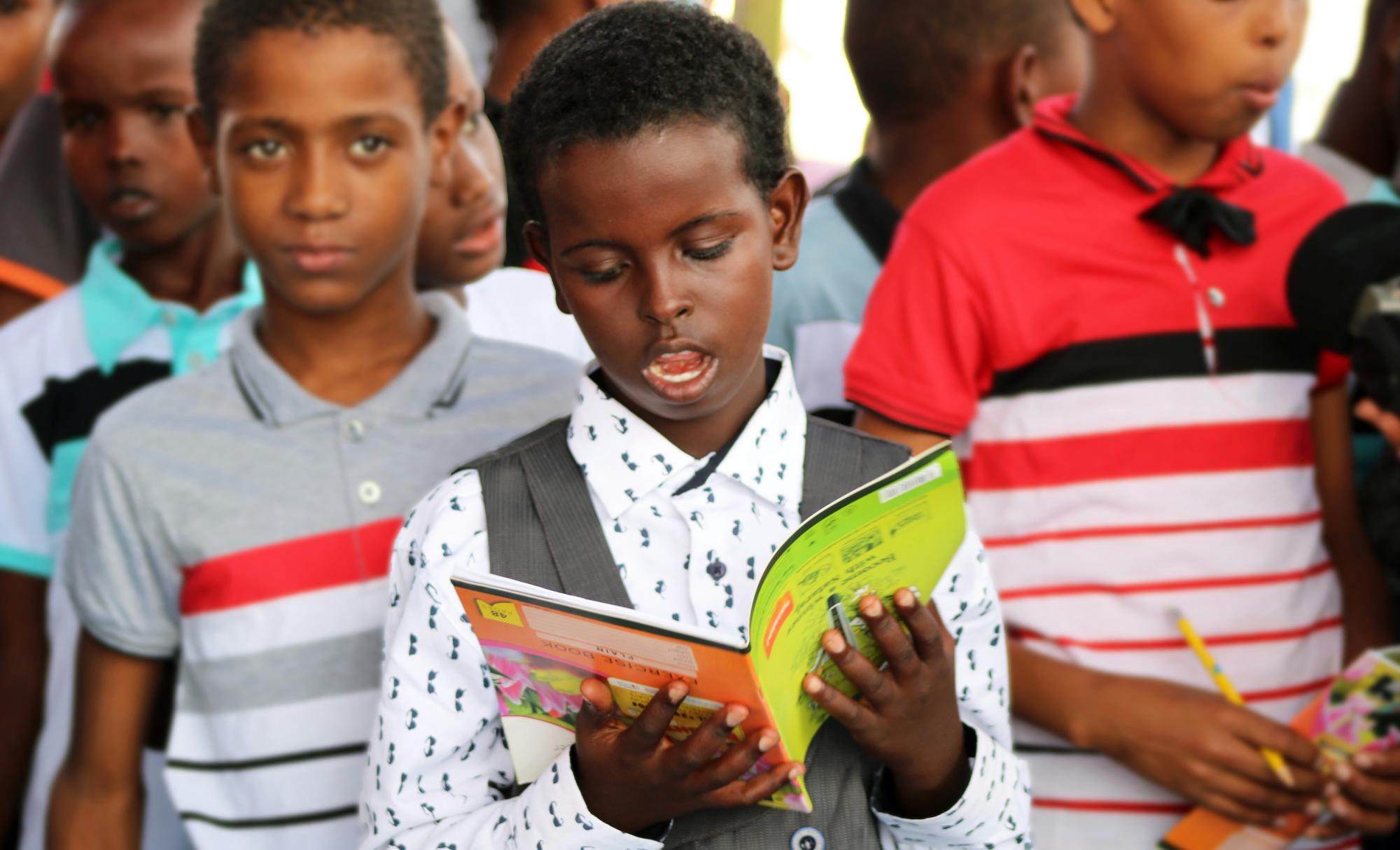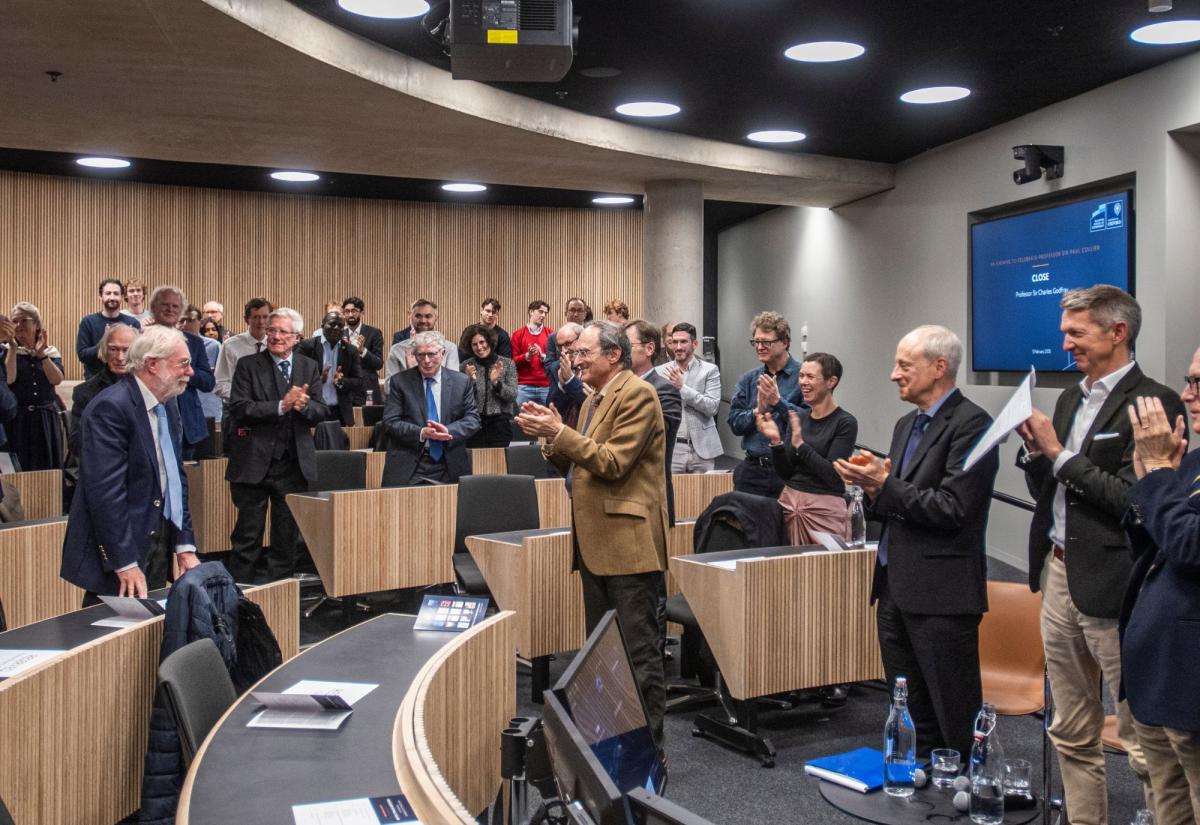
A new article, co-authored by Noam Angrist, Stefan Dercon and Michelle Kaffenberger from the What Works Hub for Global Education and colleagues, highlights that investing in just one year of foundational learning programmes – which include basic literacy and numeracy skills - could boost children’s future earnings by $164 billion.
They suggest that donors should prioritise education investment as it reduces long-term dependency on aid, as well as being a highly inclusive path to economic growth. They note that foreign aid in education can leverage education funding from domestic governments and the benefits also ripple out across other sectors through increased earnings and GDP growth, improved health and employment outcomes and decreased child mortality rates.
They outline a roadmap for to unlock progress which:
- builds partnerships with countries where domestic budget decisions focus on foundational learning;
- prioritises evidence-based programmes where impact is demonstrable;
- focuses on implementation, including identifying low-cost ways to provide resources and teacher training, allowing real-time adjustments to be made when this doesn’t work; and
- supports local governments which are the largest funders of education.
They highlight inspiring initiatives which we can learn from, like the government of Khyber Pakhtunkhwa province in Pakistan which plans to scale up its evidence-based targeted instruction programme, where accessible lesson plans where taught to pupils grouped by skill level. Programmes such as these, they argue, demonstrate that “a little, when spent well, really can go a long way”.



